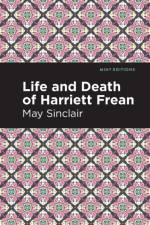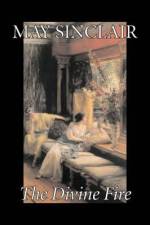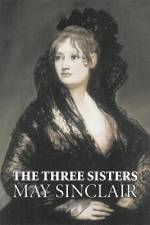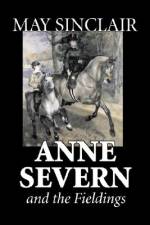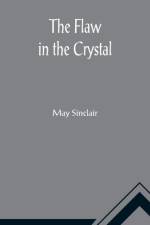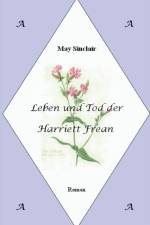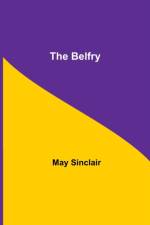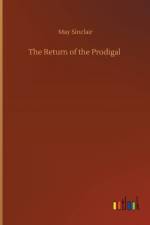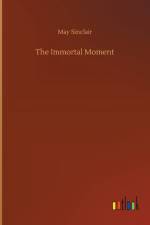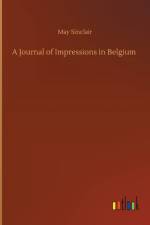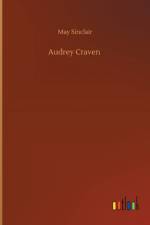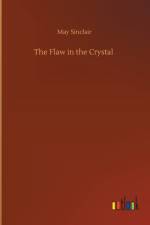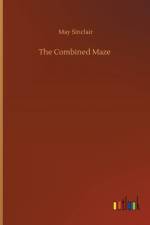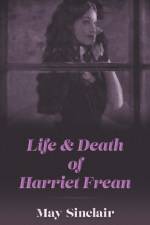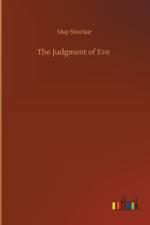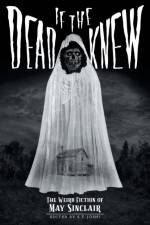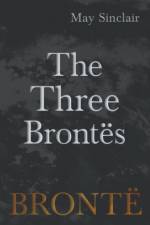av May Sinclair
101
Raised in a restrictive and oppressive household, Harriet Frean is used to sacrificing her own happiness and comfort for the sake of others, in fact, she¿s proud of it. Taught that women were to be submissive, pious, kind, and quiet, Harriet molds herself into the perfect Victorian woman. Though she struggles with the crushing expectations of Victorian gender roles, Harriet finds comfort in her close relationship with Prissy, her best friend. As the two grow older, they conform to their expected mold. With Prissy¿s support, Harriet continues her dedication to being the perfect woman, and is in pursuit of a husband. However, when Harriet finally falls in love, she is overcome by a crisis of conscious. Her entire perception of herself is shaken and her beliefs are challenged, because she has fallen for an unavailable man. Unsure how to process her feelings, Harriet begins to isolate herself in shame, because she cannot possibly tell anybody, not even Prissy, that she is in love with her best friend¿s fiancé. Originally published under one-hundred years ago, May Sinclair¿s Life and Death of Harriet Frean explores questionable ideals still present in modern society. With topics of romance, gender roles, and identity, Life and Death of Harriet Frean is both timeless and a perfect record of the harmful ideals of English Victorian society. As a pioneer of the stream-of-consciousness literary style, Sinclar¿s prose is captivating and brilliant, allowing her characters to feel real and familiar to readers, creating a narrative that is undeniably compelling. This edition of Life and Death of Harriet Frean by May Sinclair now features an eye-catching new cover design and is printed in a font that is both modern and readable. With these accommodations, this edition of Life and Death of Harriet Frean creates an accessible and pleasant reading experience for modern audiences while restoring the original brilliance and insight of May Sinclair¿s work.


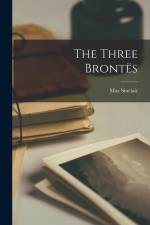
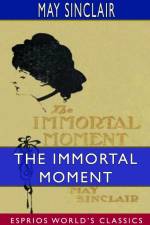

![A Defence of Idealism; [microform]; Some Questions and Conclusions; Sinclair, May. af May Sinclair](https://cdnbackdoor.tales.as/thumbnail/150x225/products/00292/20217/a-defence-of-idealism-microform-some-questions-and-conclusions-sinclair-may.jpg)
